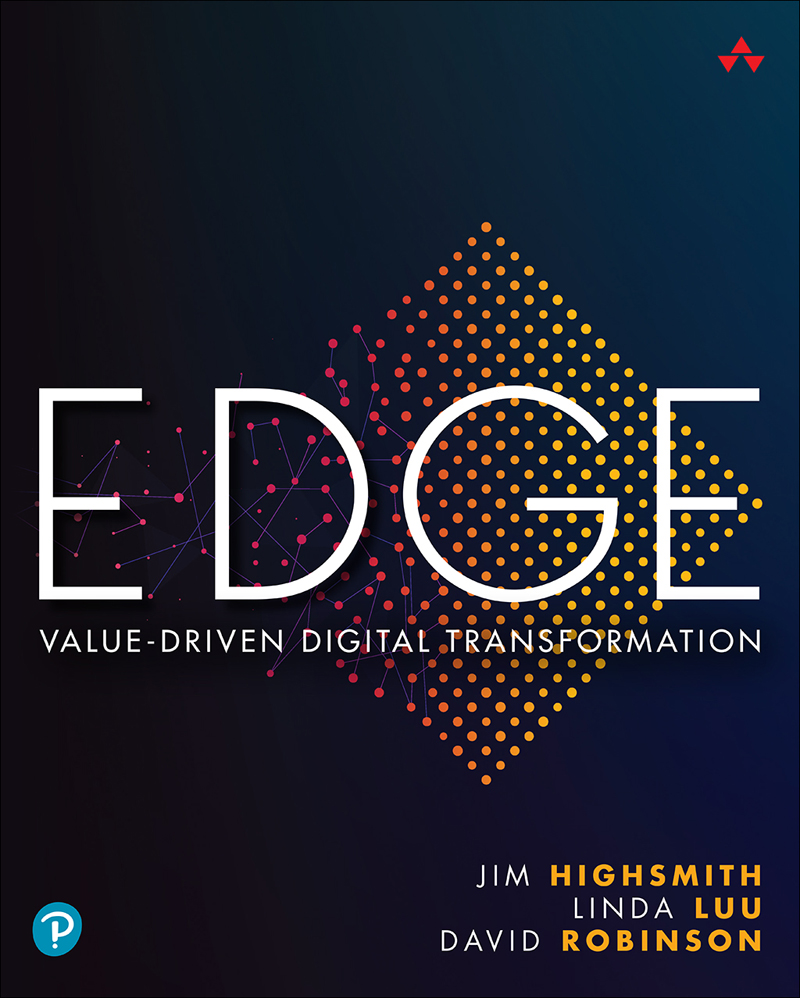This reader-friendly textbook presents a comprehensive overview of the essential aspects of cloud computing, from the origin of the field to the latest developments. Rather than merely discussing the cloud paradigm in isolation, the text also examines how cloud computing can work collaboratively with other computing models to meet the needs of evolving computing trends. This multi-dimensional approach encompasses the challenges of fulfilling the storage requirements of big data, the use of the cloud as a remote server for Internet of Things and sensor networks, and an investigation of how cloud computing is interlinked with edge, fog and mist computing, among other illuminating perspectives. Topics and features: includes learning objectives, motivating questions, and self-test exercises in every chapter; presents an introduction to the underlying concepts, fundamental features, and key technological foundations of cloud computing; examines how enterprise networking and cloud networking can work together to achieve business goals; reviews the different types of cloud storage available to address the evolution of data and the need for digitization; discusses the challenges and approaches to implementing cloud security, and the hot topic of cloud management; highlights the value of cloud brokerage capabilities, and explains the importance of cloud orchestration in multi-cloud environments; describes the details of cloud migration, the crucial role of monitoring in optimizing the cloud, and the basics of disaster recovery using cloud infrastructure. This technically rigorous yet simple-to-follow textbook is an ideal resource for graduate courses on cloud computing. Professional software developers and cloud architects will also find the work to be an invaluable reference.












